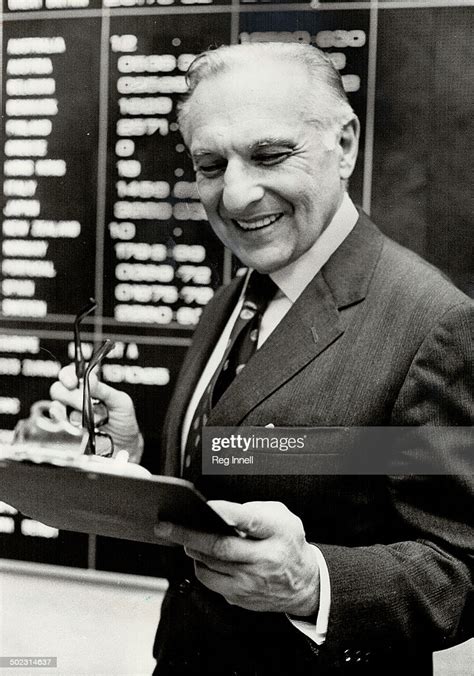A Quote by Maxine Peake
Pay in the acting world hasn't kept up with inflation.
Related Quotes
I started acting as an amateur when I was a kid, but I wanted to become a diplomat. It was self-centered and weird, but I had this idea of going out in the world and solving conflicts and making the world a better place. But I kept on acting, and eventually, I just dropped out of school and continued acting.
I love the chameleon nature of this business [acting]. I always have. Sometimes I'm not as recognizable as somebody else and I may not have gotten a role, but for me, acting is not a competition. I've just kept my head down and kept working, and had the great pleasure of working with some amazing people and playing some extraordinary and extreme characters.
The unique aspect of today's monetary inflation is that it is not limited to one country, but a host of countries are all inflating together. As a result of the monetary inflation (when all of the newly created money begins to leave the banks and enter the system), the price inflation will be worldwide.































